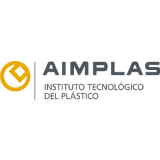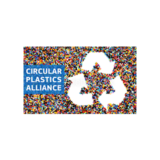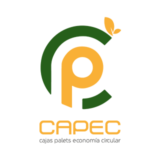
Polyolefins (PE and PP)
Polyolefins are a family of thermoplastics, consisting of Polyethylene (PE) and Polypropylene (PP), among other minor polymers. They are obtained mainly from petroleum and natural gas, through the polymerisation of ethylene and propylene respectively. Polyolefins generally have high chemical resistance, are transparent or translucent, and in many cases are flexible even at low temperatures. Because of their versatility, polyolefins are one of the most common plastics today.
Types of Polyolefins (PE and PP)
Applications of Polyolefins (PE and PP)
The applications of polyolefins are very diverse: from pipes in the construction industry and plastic films in the agricultural sector to household goods such as food packaging and bottles for cleaning products.









